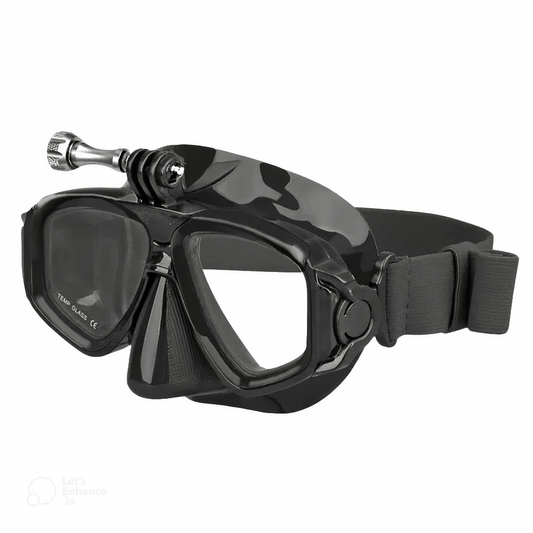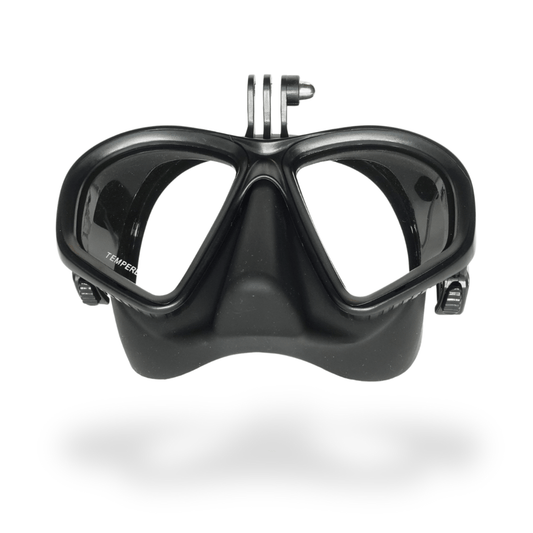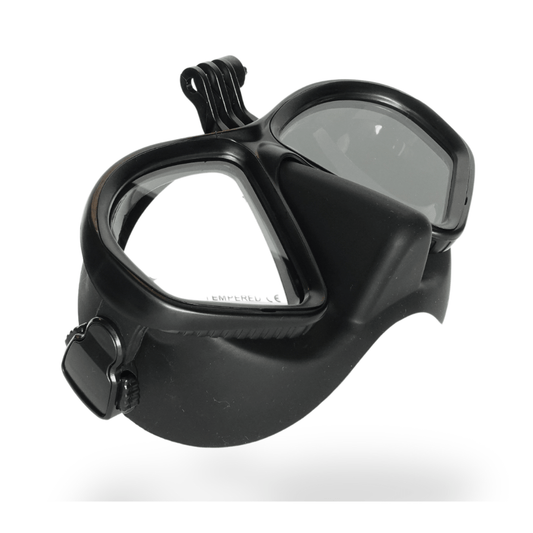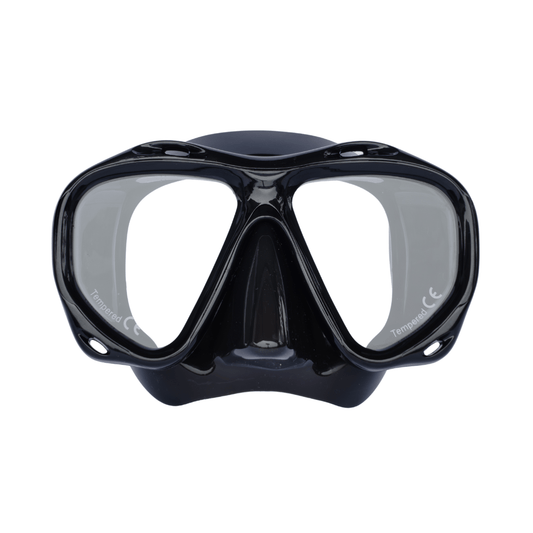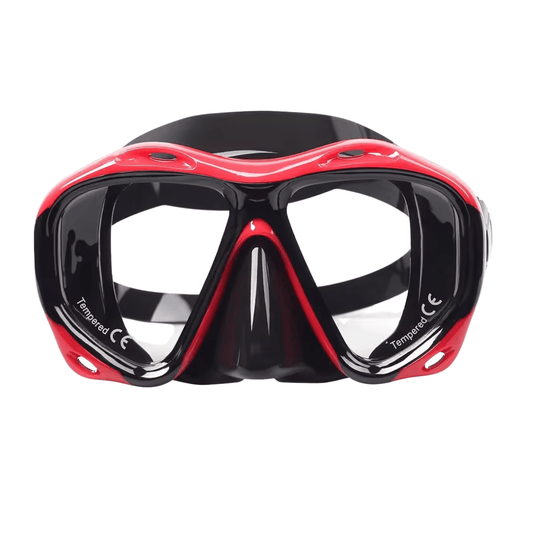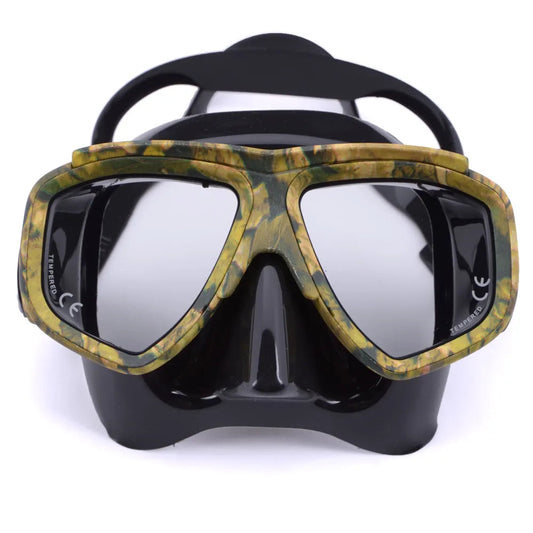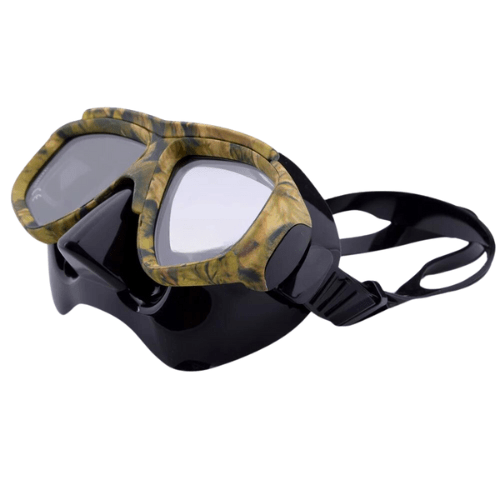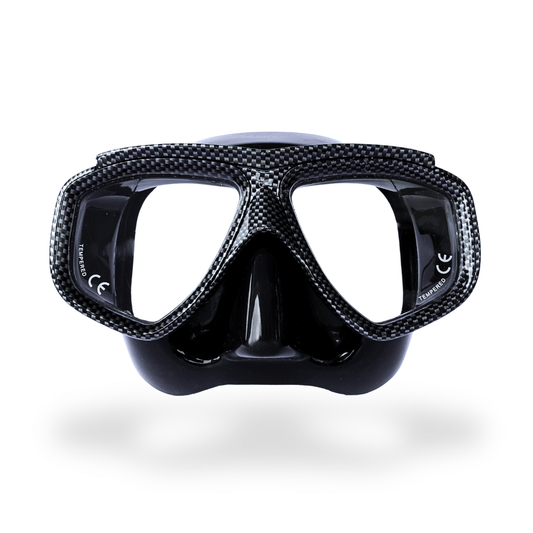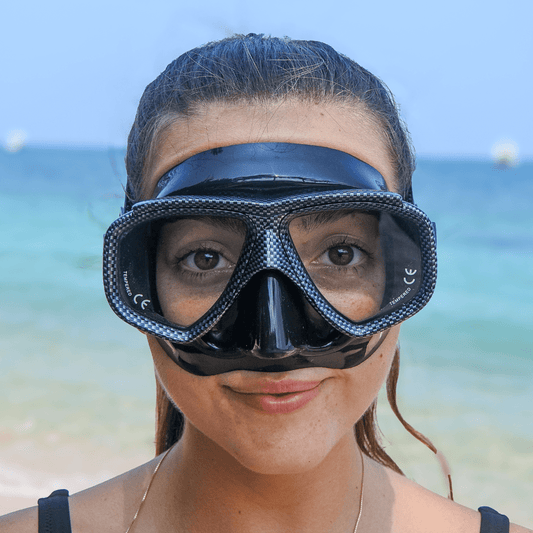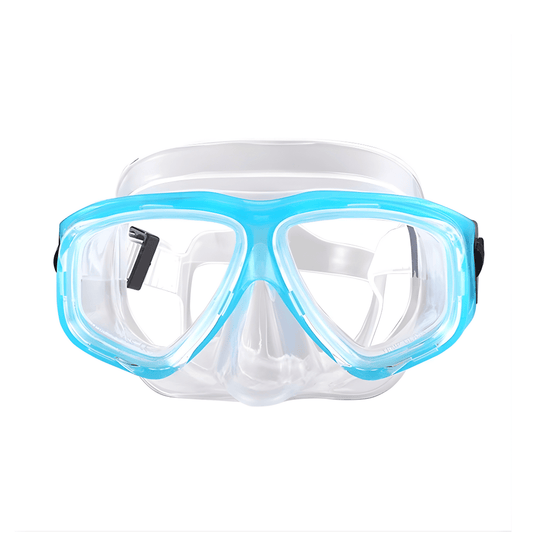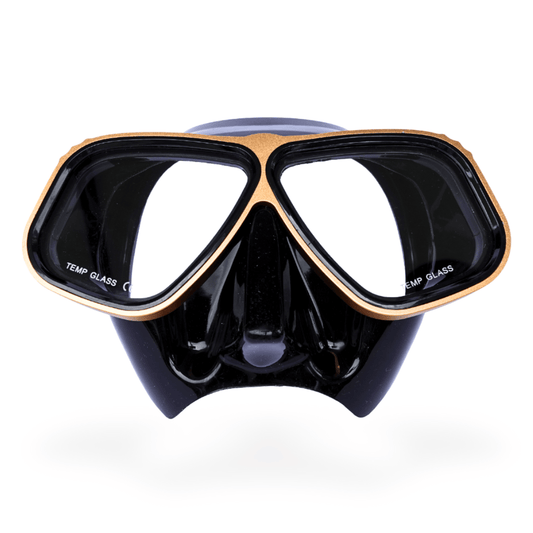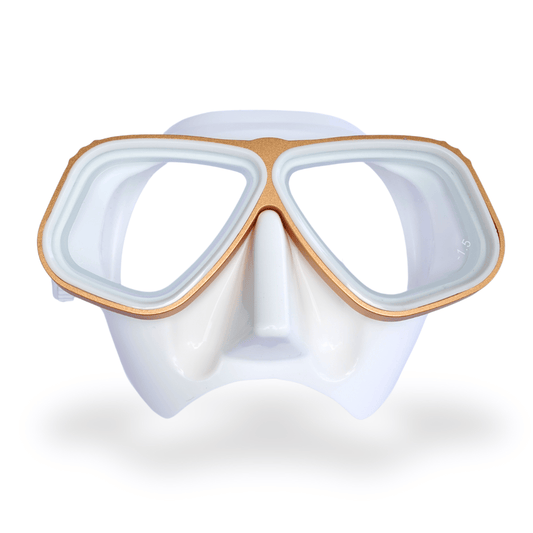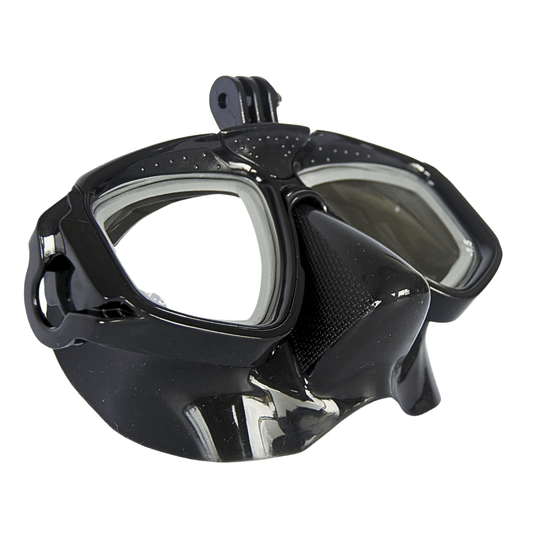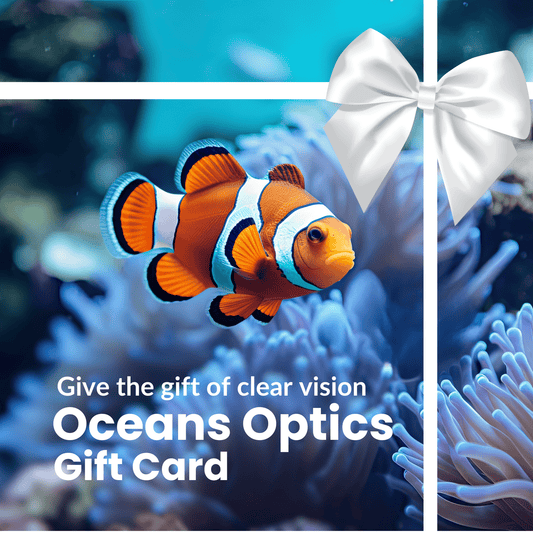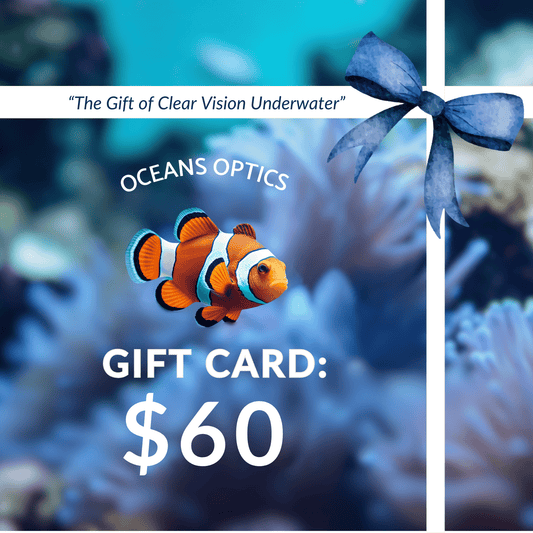Coral 101: Understanding the Ocean's Rainforests and Why We Need Them
Welcome to Coral 101, where we dive deep into the vibrant world of coral reefs, uncovering their astonishing abilities and exploring why these underwater rainforests are crucial to our planet's health and well-being.
What Are Coral Reefs and Why Are They Important?
Coral reefs are dynamic ecosystems composed of coral polyps that build calcium carbonate skeletons, forming vast underwater structures over thousands of years. These reefs support 25% of all marine species, play a critical role in maintaining ocean health, and provide habitat for numerous marine organisms.
How Do Coral Reefs Function?
The Secret Lives of Coral Reefs
Coral polyps form a symbiotic relationship with algae called zooxanthellae. These algae photosynthesize, producing energy shared with the coral polyps. This partnership allows coral reefs to thrive in nutrient-poor waters, providing the energy needed for growth and reproduction.
Why Is Good Eyesight Important Underwater?
Good eyesight is essential for fully appreciating coral reefs' beauty and complexity. Clear vision helps observe interactions between coral polyps and algae, and larger ecological processes. Prescription dive masks ensure those with vision impairments don't miss out on the underwater wonders. Additionally, being able to see well underwater helps prevent accidental contact with corals, preserving these sensitive ecosystems. Touching corals can cause severe damage, as they are fragile and can die from physical impact or sedimentation covering them.
What Ecosystem Services Do Coral Reefs Provide?
Oxygen Production
- Coral reefs contribute to global oxygen production through the photosynthetic activities of the zooxanthellae algae.
Food Source
- Coral polyps are a primary food source for many marine organisms, including the parrotfish and butterflyfish. Parrotfish nibble on the algae that grow on corals, and butterflyfish feed on coral polyps, playing an essential role in the reef's health and balance.
Habitat and Shelter
- The structures created by coral reefs become cities and homes for many marine species, including fish, crustaceans, and mollusks. For example, clownfish find shelter in sea anemones, while groupers use crevices in the coral for protection and hunting grounds. These habitats provide shelter and breeding grounds for a diverse array of marine life, ensuring the continuation of numerous species.
Coastal Protection
- Coral reefs act as natural barriers, protecting shorelines from erosion and storm surges.
What Threats Do Coral Reefs Face?
Pollution and Overfishing
- Pollution and overfishing cause significant damage to coral reefs, disrupting their delicate balance and leading to habitat destruction.
Climate Change
- Rising ocean temperatures lead to coral bleaching and die-offs, threatening the survival of these ecosystems.
How Can We Protect Coral Reefs?
Protecting coral reefs involves:
- Reducing carbon emissions
- Combating pollution
- Preserving marine habitats
- Supporting sustainable fishing practices
- Participating in coral reef restoration projects
- Avoiding harmful sunscreen ingredients
- Reducing plastic use and waste
Immediate and decisive action can help ensure the survival of these ecosystems for future generations. Join us in our mission to safeguard the ocean's rainforests and the countless species that depend on them.
Why Must We Maintain a Safe Distance from Coral Reefs?
Corals are highly sensitive organisms. Touching or bumping into them can cause significant damage. Coral fragments can be covered in sediment, blocking light and causing them to die. Always keep a safe distance to avoid harming these delicate ecosystems and to ensure they continue to thrive for future generations.

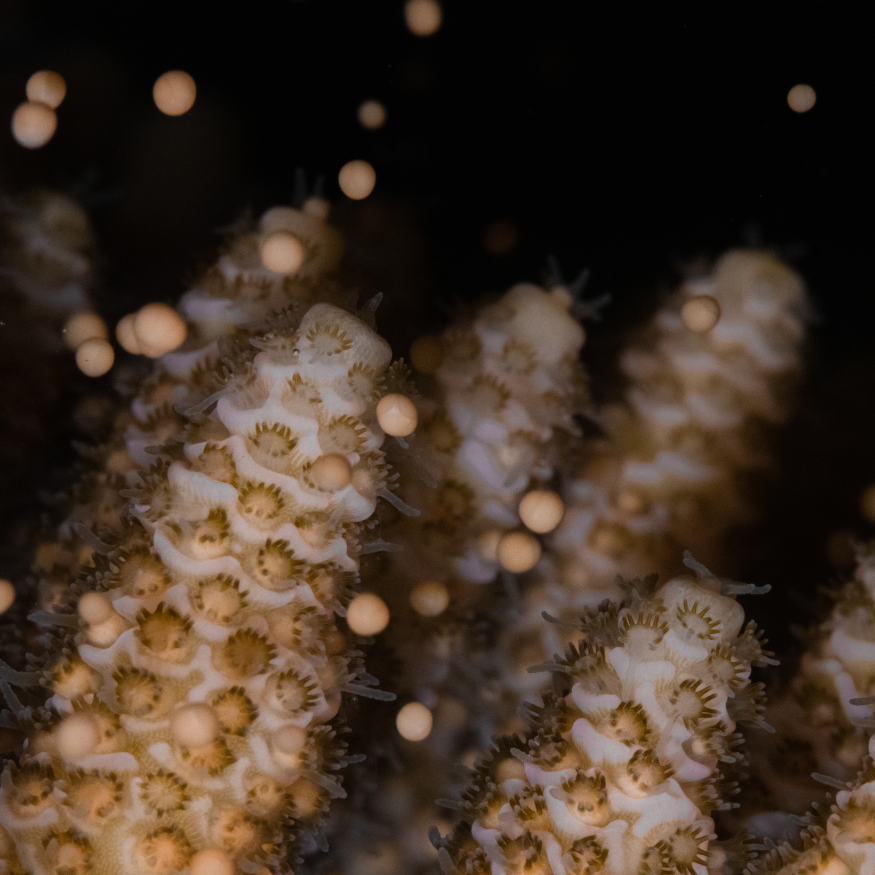


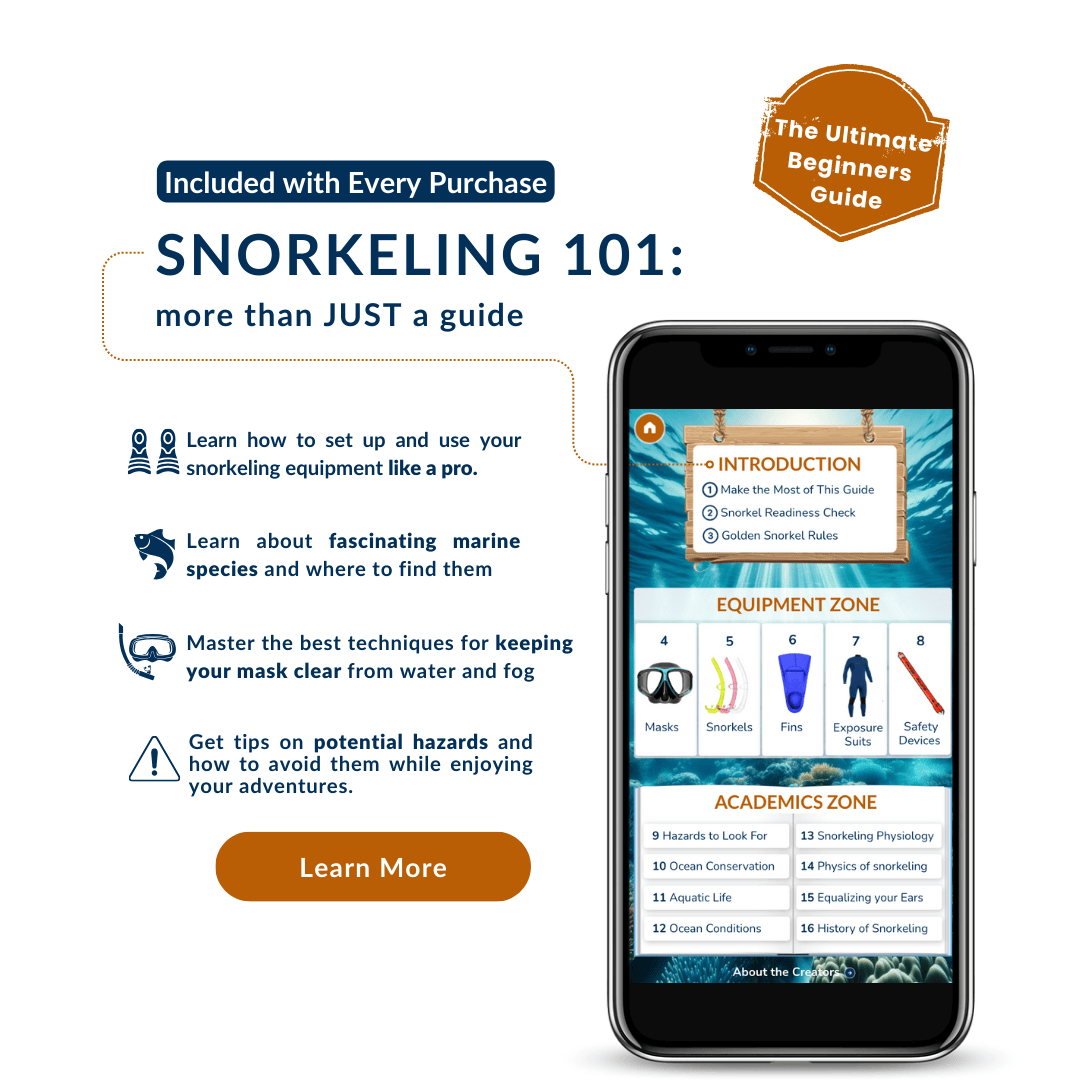
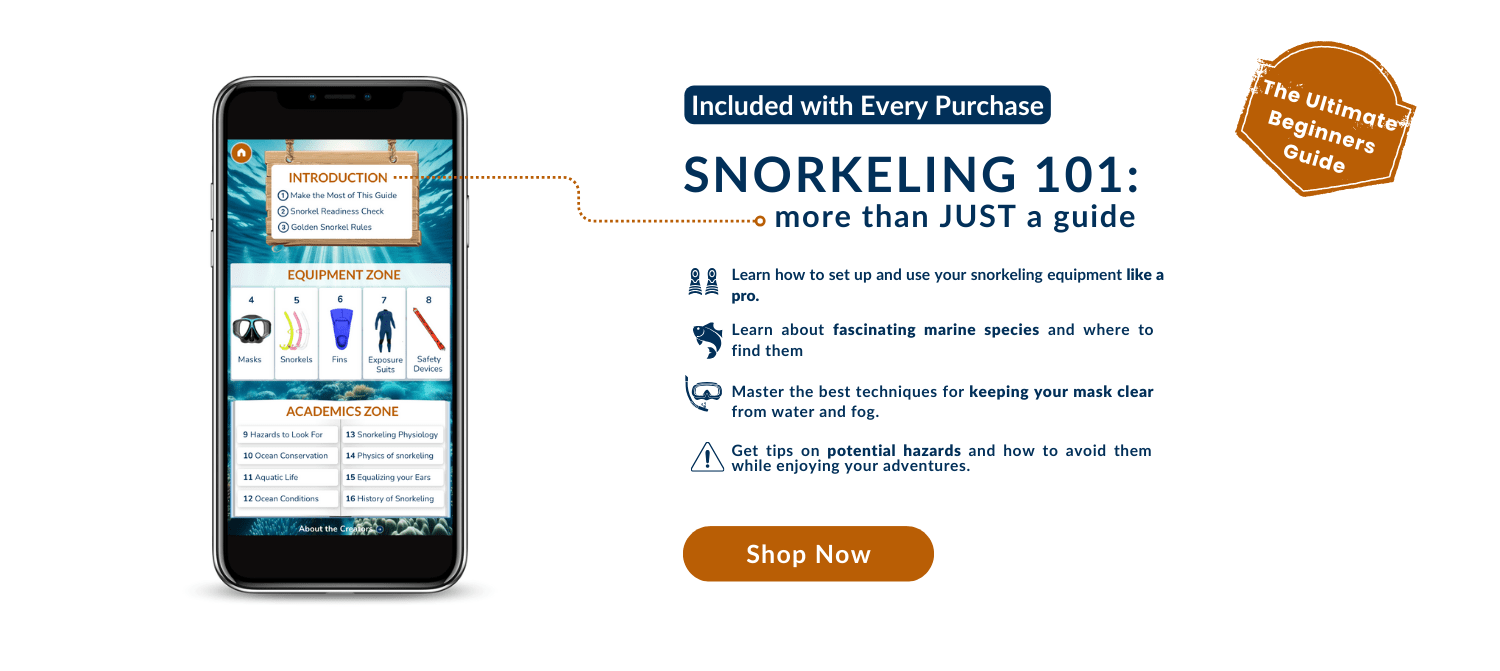
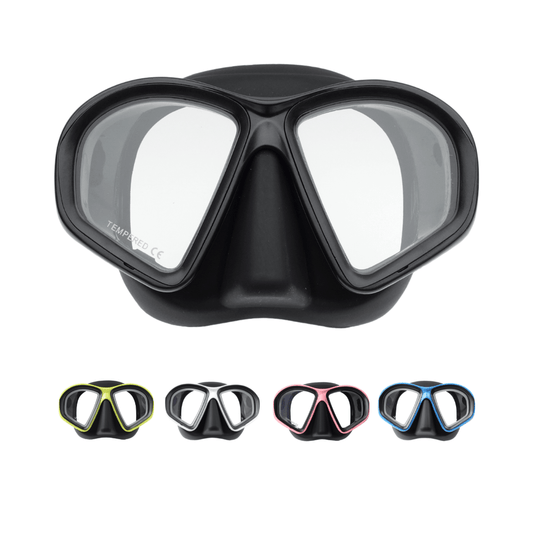
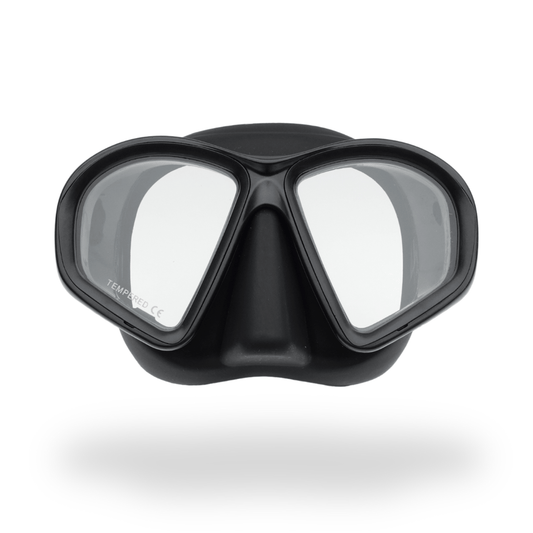
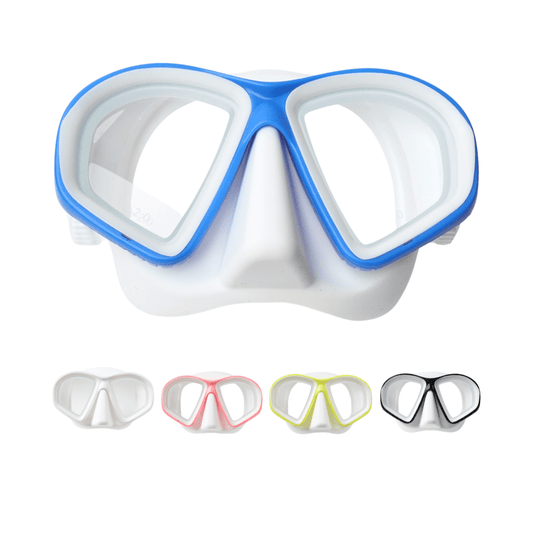
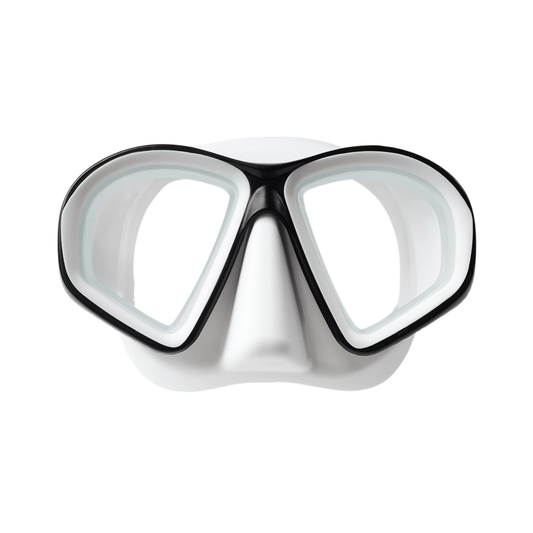

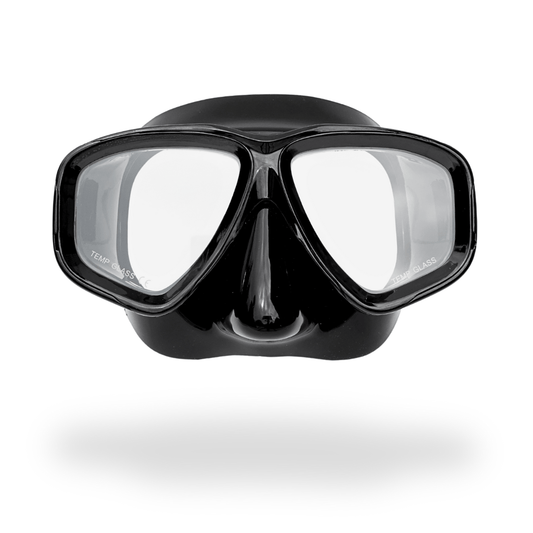
![Prescription dive mask + 2.00 Farsighted (Hyperopia) [NEW] Rx Action Prescription Snorkel Mask w/Cam Mount_Large Prescription Snorkel Mask with GoPro Mount | Black | Large face](http://oceansoptics.com/cdn/shop/files/prescription-dive-mask-new-rx-action-prescription-snorkel-mask-w-cam-mount-large-prescription-snorkel-mask-with-gopro-mount-black-large-face-2-00-farsighted-hyperopia-60876838076749.png?v=1764724277&width=533)
